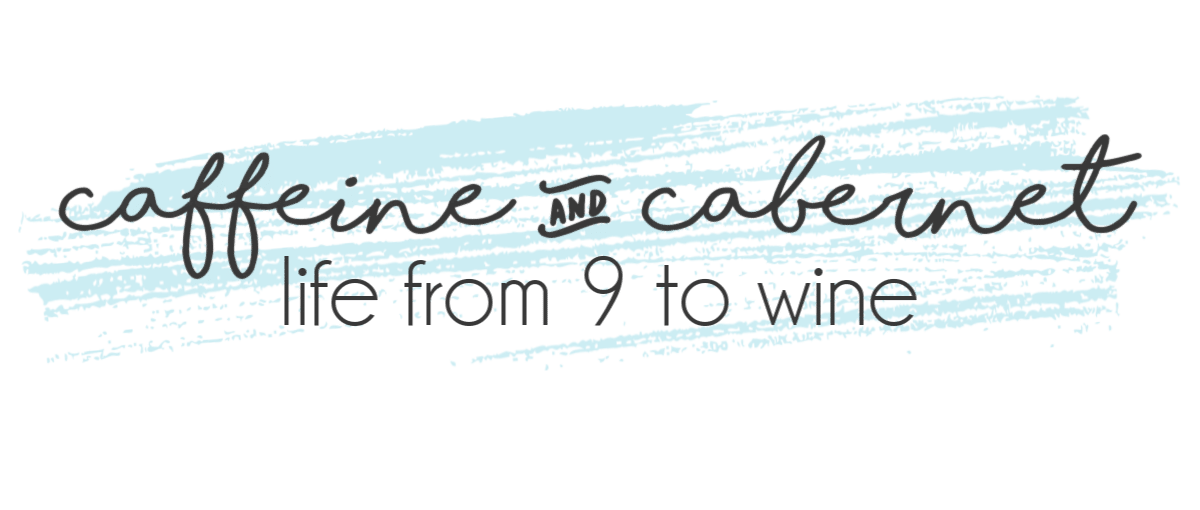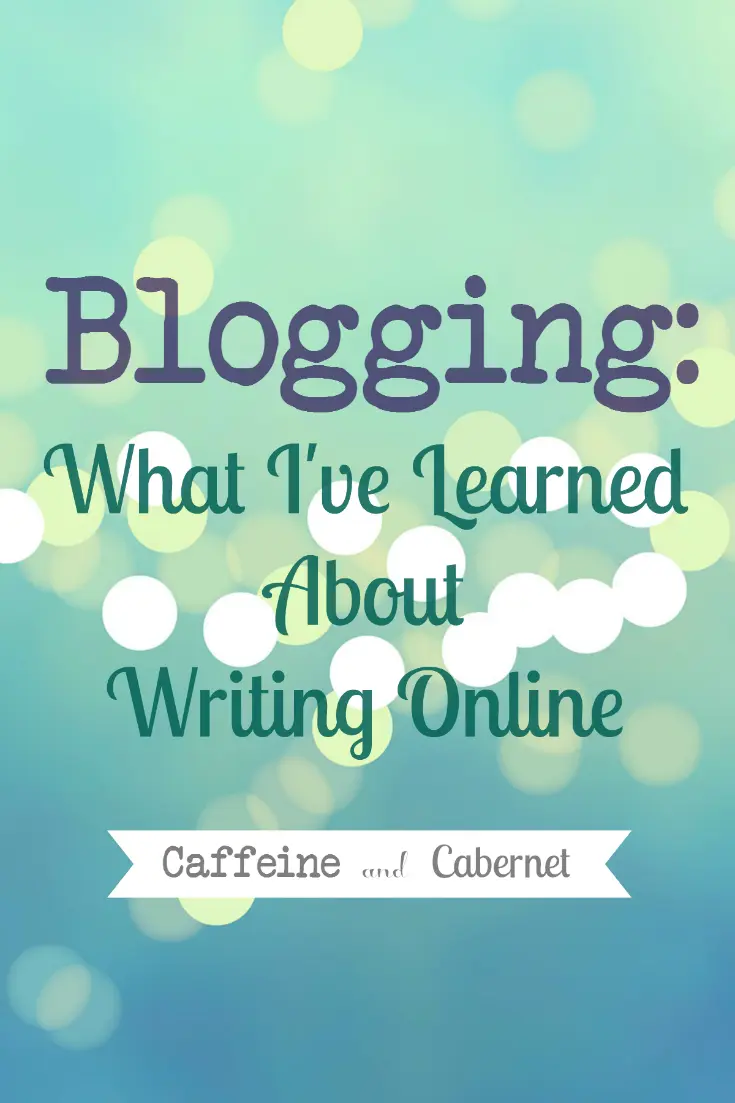A few months ago, I started preparing for my presentation at the 2015 Type-A Conference in Atlanta. I’m leading a session called “How to Keep Writing When the Internet Tells You to Quit.” I’m pretty excited about it. In the process of preparing for a session about blogging and writing online, I’ve done a lot of reflecting and researching about how to be a better blogger and why some of us still do this thing.
I can’t give away what I’ll be saying on Thursday morning, but I can give away some of the things I learned about blogging while doing serious reading on sites like Buffer and CopyBlogger and even right here in my own archives.
Here were some of my guiding questions:
- Why do some things go viral while other equally awesome things stay stagnant?
- What causes one community to flourish while others fade away?
- What makes people stay, read, and share your words?
- Are people really interested in short entries with lots of images?
The answers I found and the conclusions I drew were pretty eye-opening, and this post is long because I want to make sure I give you all the goods.
The TL:DR, however, is:
- Timing is critical. It doesn’t hurt to be lucky.
- Careful cultivation of friendships and community breeds success.
- Negative headlines encourage reading and sharing. Weird.
- Yes. And no. Words matter. A lot.
For the long-form answer keep reading. Here goes:
Viral Content vs. Stagnant Stories
Predicting what will go viral online is part luck and part timing.
One of the articles I read said that you should always write something while it’s fresh in your mind. If you have an idea for a blog post and you sit on it for a day or two days or three days the moment will pass and your mojo will be lost.
I’ve found this to be true on more than one occasion, but it’s a problem I don’t necessarily know how to fix.
There are times when I want to write about the topic du jour because I feel like this is my platform for saying what I need to say. It’s my living room, so to speak, so I’m more in control of the conversation that happens here than I am elsewhere on social media. (Not that this is me advocating comment moderation. That’s a different topic for a different day.)
Your blog is your space to work out your thoughts and ideas, but if you want them shared and you don’t have an enormous audience already, timing is everything. No one wants to read about Kim Davis two months after her 15 minutes are over, you know?
Timing is a huge source of frustration for me as a hobby blogger. I constantly have ideas and things I want to write about, but life and kids and paying gigs come first. By the time I have a few minutes to sit down and write out what’s on my mind, the moment has passed and the conversation has moved on.
Writing posts on hot topics in a timely manner isn’t a guarantee of virality. Nothing is. That’s where luck comes in. If you’re lucky, your post will resonate with 1 or 100 or 100,000 people and BAM! Viral blog post status unlocked! But those who’ve been there will tell you it comes with its own caveats.
So, can you continuously create viral content? Maybe. But that’s going to rely heavily on question #2.
The Power of Community
For bloggers, community is everything, and community means different things to different people. In regards to Caffeine and Cabernet, I have a core readership who’ve been with me from almost the beginning. They’re the ones I can count on to leave a comment of support or commiseration or thumbs up on nearly every post here.
Other bloggers rely heavily on their Facebook communities to share their stories and posts. Cultivate that community. Do not stop. Talk to your followers. Respond to their comments. Look to Awesomely Luvvie for inspiration. Her communities is one of the best and most vibrant on Facebook.
For even more, the key to their blogging strategy is Pinterest. A well-placed and well-timed pin is the gift that keeps on giving. (The bulk of my traffic here, easily 90% of it, comes from my post on How to Mosaic Tile a Mirror, all because of Pinterest.)
Obviously, Pinterest is important for bloggers. But do you know how that pin brings me so much traffic?
A blogging friend of mine did the work for me. I asked for help sharing the pin since it was a sponsored post for Home Depot, she shared it on a shared board, and that’s that. It took off.
That brings me to another type of community which is super important, probably the most important of all:
Cultivate your friendships with other bloggers, and not in an “I’ll scratch your back, you scratch mine” sort of way. This community is strongest when we look out for one another.
The friends I’ve met through blogging have become some of my nearest and dearest. They’ve seen me through child birth, the death of my dad, moving, and the mundane. We’re friends first and fellow bloggers second, but blogging brought us together.
Your community will keep you going, but what if you’re writing and sharing your heart and no one is commenting or liking your stuff? Maybe it’s time to look at your posts.
Headlines Matter In the Weirdest Ways
One of the things I learned about blogging and writing online is that readers are more likely to read and subsequently share when headlines use negative superlatives, even, and perhaps especially, if the content is overwhelmingly positive.
Headlines are the first opportunity we have to grab our audience’s attention. One blog post about blogging suggested writing as many as 25 headlines per article or post and trying them on for size before settling on one. The upside to this is that you have headlines ready when you’re sharing content across social media. The downside is time.
If I have 20 minutes to write a post, I don’t have an additional 20 minutes to write 25 headlines to choose from.
I’m terrible with headlines. Awful. With any article I submit to my editors, I fully expect that the headline will be rewritten. Headlines for this blog are not my hill to die on, but they are something to work on, so there’s that.
Finally…
Words Matter. A lot.
In 2012, the average length of a post was 500-700 words because we were told “Psh! People don’t want to read! They have short attention spans! Don’t take up too much of their time!”
As someone who loves words, it’s HARD to cut my content down to 500 words. (I remember my high school students complaining that 500 words was JUST. SO. HARD.) Somewhere along the way, bloggers were told that pictures mattered more than words. Every post needed a pinnable image! Something pretty readers could look at instead of, you know, READ.
Shouldn’t we all be phoblographers then and not bloggers?
What I’ve learned about blogging is that readers will read long posts. They will stick through to the end. Write solid content that is engaging. They will read it. Now, the average length of a post WITH images is 1,100 words. Without images, you’re looking at content averaging 1,250-1,500 words with everything capping out around 1,700.
People would rather read one article that says everything than four or five that say small things.
This is GOOD NEWS for those of us who have a lot to say and want to say it all at once! The bonus is that Google appreciates long-form content and indexes it higher.
Write on, my friends! Write on.
______________
I’m incredibly interested in what’s kept those of you who blog going over the years, so please, let’s chat about it. What sort of content do you find yourself clicking and sharing most frequently? Do you shy away from long articles or do you go all-in?
(I won’t hate it if you pin the image below!)



John (Daddy Runs a Lot)
Tuesday 6th of October 2015
I've found that consistent posting & carefully written posts do quite well . . . I've never had anything "go viral" and I can't even pretend that I've been close to having something of the sort . . . but I have had times where my daily readership was several hundred, if not more.
Posting regularly (and having readable posts - be they short or long), checking in on the bloggers who frequent your blog, and just chatting, anywhere, on social media -- all that seems to pay dividends.